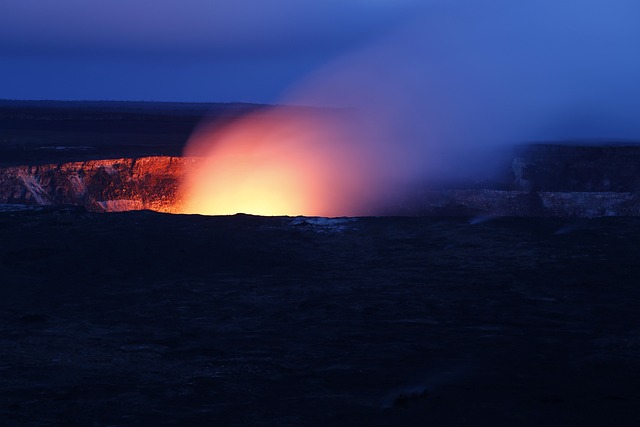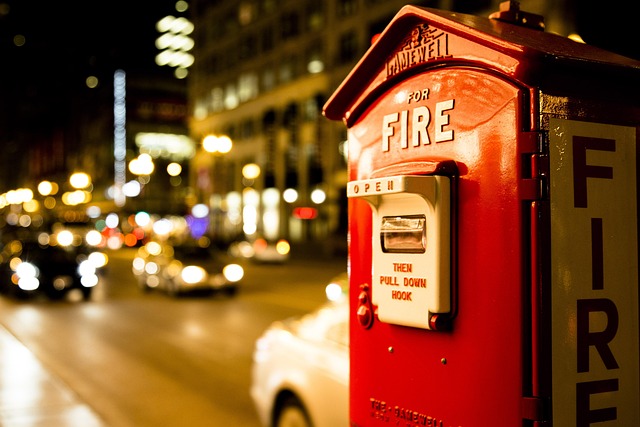The Chicago real estate market, known for its resilience and diversity, has seen recent growth driven by residential construction, especially in areas like the Loop and Wicker Park. After a fire, selling your house in Chicago presents unique opportunities due to the city's strong economic foundation and growing population, ensuring high demand despite costly repairs. To navigate this process effectively, homeowners must stay informed about local housing trends, engage experienced professionals, and understand market dynamics specific to Chicago. The guide focuses on helping sellers secure fair market value by leveraging opportunities for modernization and overcoming legal and financial challenges related to post-fire real estate investments.
Chicago’s real estate market is a dynamic and lucrative space for investors, offering unique opportunities and challenges. This article guides you through the diverse landscape of Chicago property investments, from identifying trends and understanding the competitive scene to navigating post-fire real estate and legal considerations. Whether considering selling your house after a fire or expanding your portfolio, these insights will equip investors with the knowledge needed to make informed decisions in this vibrant market.
- Understanding the Chicago Real Estate Market: Trends and Opportunities for Investors
- Navigating Post-Fire Real Estate: A Guide for Sellers in Chicago
- Strategies for Successful Property Investments in a Competitive Market
- Legal and Financial Considerations for Real Estate Investors in Chicago
Understanding the Chicago Real Estate Market: Trends and Opportunities for Investors
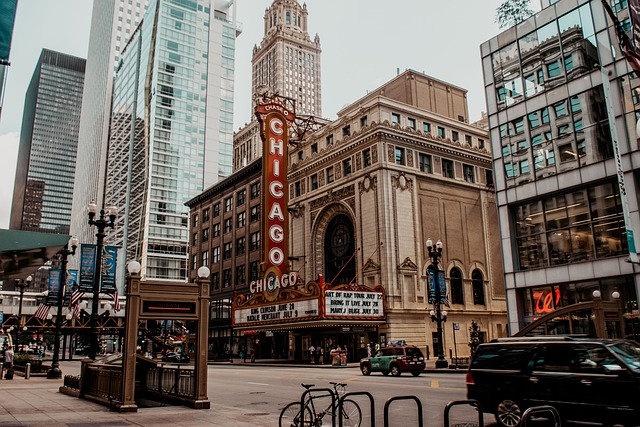
The Chicago real estate market is known for its resilience and diverse opportunities, attracting investors from across the globe. Understanding the current trends is crucial for anyone looking to buy or sell properties in this dynamic city. In recent years, Chicago has experienced a surge in residential construction, particularly in areas like the Loop and Wicker Park, leading to increased property values and a competitive market. This urban renewal has opened doors for investors, especially those interested in revitalizing and flipping homes, particularly in neighborhoods recovering from fires or other disasters.
When considering selling your house after a fire in Chicago, it’s essential to stay informed about the local housing market. While repairs and renovations can be costly, the post-disaster period often presents unique opportunities for investors. The city’s strong economic foundation and growing population ensure that demand remains high, providing a solid base for those looking to invest in real estate. Investors who act swiftly and offer competitive prices can benefit from these trends, contributing to Chicago’s ever-evolving landscape.
Navigating Post-Fire Real Estate: A Guide for Sellers in Chicago

Navigating Post-Fire Real Estate: A Guide for Sellers in Chicago
After a fire, selling your house in Chicago can seem daunting, but with careful planning and strategic guidance, it can be a smooth process. The first step is assessing the damage thoroughly and documenting it with photographs and videos. This not only helps in understanding the scope of repairs required but also serves as valuable evidence for insurance claims and future buyers. It’s crucial to involve experienced professionals, such as contractors and real estate agents familiar with post-fire sales, who can provide accurate estimates and market insights specific to Chicago’s unique landscape.
Additionally, selling your house after a fire comes with certain advantages. The reconstruction process can present an opportunity to modernize or customize your property, potentially increasing its value. Engaging with the right support system—from legal experts to financial advisors—is essential for navigating any legal and financial complexities that may arise during the post-fire real estate journey. This guide aims to empower Chicago homeowners to confidently sell their houses, ensuring they receive fair market value for their properties.
Strategies for Successful Property Investments in a Competitive Market
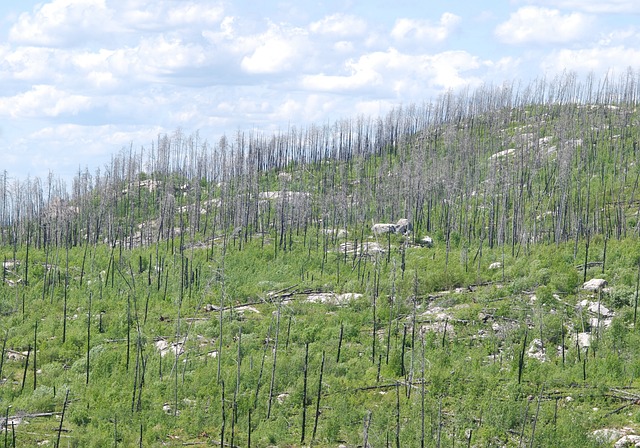
In a competitive Chicago real estate market, successful property investments require strategic thinking and adaptability. One key strategy for investors is to focus on areas that have seen recent revitalization or are emerging as popular destinations. These neighborhoods often present opportunities for significant returns as they attract new residents and businesses, driving up property values. Additionally, understanding local zoning laws and being attuned to market trends can help investors make informed decisions. For instance, Chicago’s resilience in the face of challenges like a house fire can be an asset; areas that have successfully rebuilt after such disasters often experience increased property demand due to their restored safety and livability.
Another effective approach is value-add investing, where investors purchase undervalued properties, renovate them, and then sell or refinance for a profit. This strategy has proven successful in Chicago’s diverse neighborhoods, where historical buildings can be revitalized to meet modern needs. Moreover, being proactive about marketing and leveraging digital platforms can set your listings apart, especially when competing against larger real estate firms. By combining strategic insights with a deep understanding of the local market, investors can navigate the competitive landscape and secure lucrative property deals in Chicago.
Legal and Financial Considerations for Real Estate Investors in Chicago
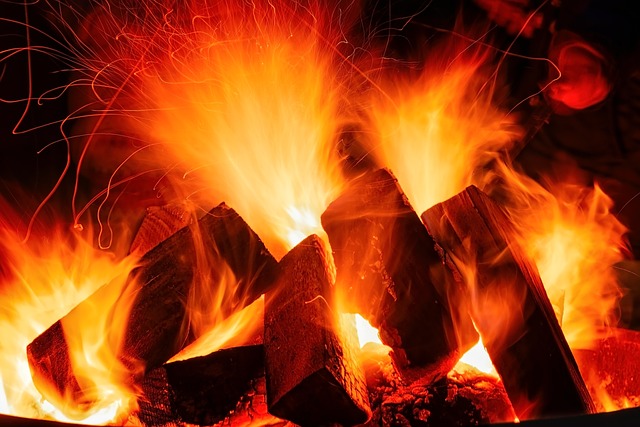
Real estate investors in Chicago face unique challenges and opportunities, especially when navigating the legal and financial aspects of their ventures. One distinct consideration is understanding the process of selling your house after a fire. In this dynamic city, property values can fluctuate rapidly, influenced by market trends and local developments. Investors must stay abreast of zoning regulations and building codes to ensure compliance during renovation projects, which are common in Chicago’s historic neighborhoods.
When dealing with post-fire property sales, legal expertise is crucial. Investors should consult professionals who specialize in real estate transactions, especially those experienced in handling insurance claims and navigating the complexities of selling damaged properties. Financial planning is equally vital; investors must consider not only the potential costs of repairing and rehabilitating properties but also the tax implications and return on investment. A thorough understanding of these considerations can help Chicago real estate investors make informed decisions and navigate their ventures successfully.
Chicago’s real estate market, with its unique trends and opportunities, offers a compelling landscape for investors. By understanding the dynamics, adopting strategic approaches, and navigating legal considerations, investors can thrive in this competitive environment. For those looking to sell their homes post-fire, a well-informed guide is essential. With the right knowledge and steps, selling your house after a fire in Chicago can be a successful process, opening doors to new investments and opportunities within the city’s vibrant real estate tapestry.



